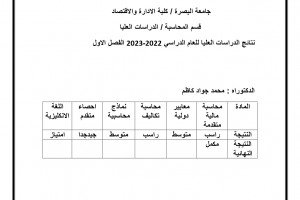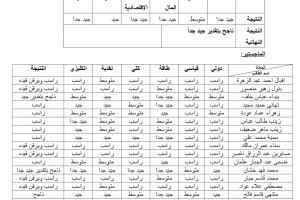THE UNIVERSITY OF BASRAH HOLDS A SCIENTIFIC ECONOMIC SEMINAR ENTITLED "THE GENERAL BUDGET FOR THE YEAR 2023 IN IRAQ BETWEEN THE CONTRADICTIONS OF REFORM AND WASTE OF RESOURCES":
On Tuesday 16/5/2023, the Department of Economics at the College of Administration and Economics at the University of Basrah held, in the presence of Prof. Dr. Abdul-Hussein Tawfeeq Shibli the dean of the college his economic scientific seminar entitled” The General Budget for the Year 2023 in Iraq between the Contradictions of Reform and Waste of Resources”
The seminar moderated by the Head of the Department of Economics, Prof. Dr. Amjad Sabah, and attended by Prof. Dr. Yusef Ali Al-Asadi and Assist. Prof. Dr. Shaaban Saddam Al-Amara, aimed to demonstrate the importance of financial resources and how to use them optimally and not waste them under political pressures in a way that leads to the reform and development of the national economy.
The seminar touched on two main axes, the first between the first axis is a reading of the general budget for the year 2023 in terms of the importance of the budget and the new organization of the budget and the new paragraphs added to it, including additions to the operational budgets, job allocations, oil companies, the price of a barrel of oil and the amount of oil exports that were fixed in the budget. The second axis dealt with Employment policies as one of the evidences of wastage of resources and data related to the current operational and investment budgets and the deficit to cover it
The seminar concluded that the chronic problem in public budgets is their complete dependence on oil revenues, which accounted for 87.1% of public revenues for this year. As for the waste, it is caused by employment policies, as the cost of the new grades for this year amounted to 13.9 trillion dinars, at a time when most departments suffer from it. This increase in workers’ compensation came as a result of the creation of 729,608 job degrees, which constitutes a financial burden equivalent to the budgets of certain countries in the region, and this burden is not only temporary, but will continue in the coming years, and if oil prices and quantities decline, the government will face real crisis.
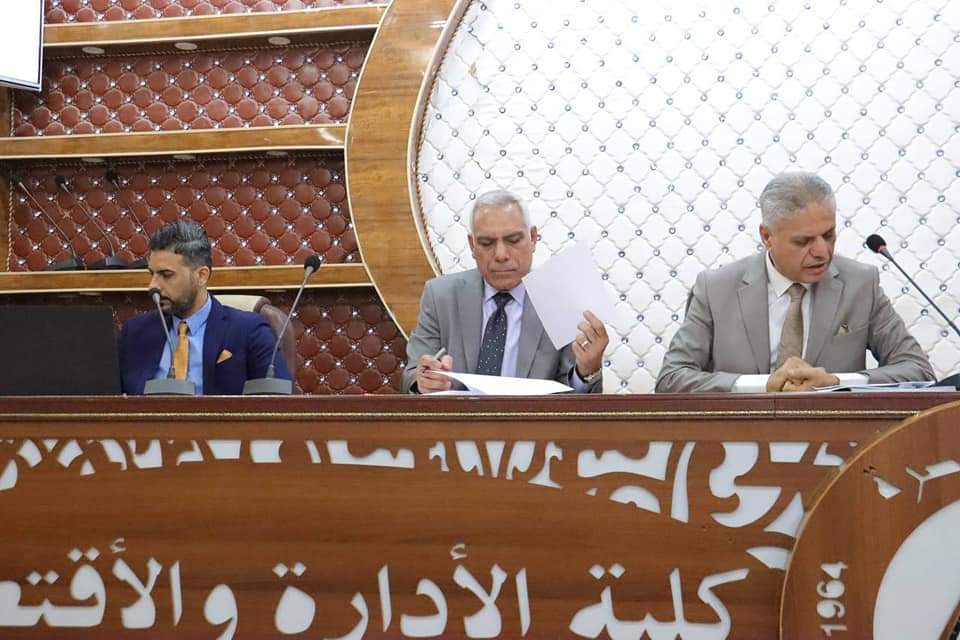
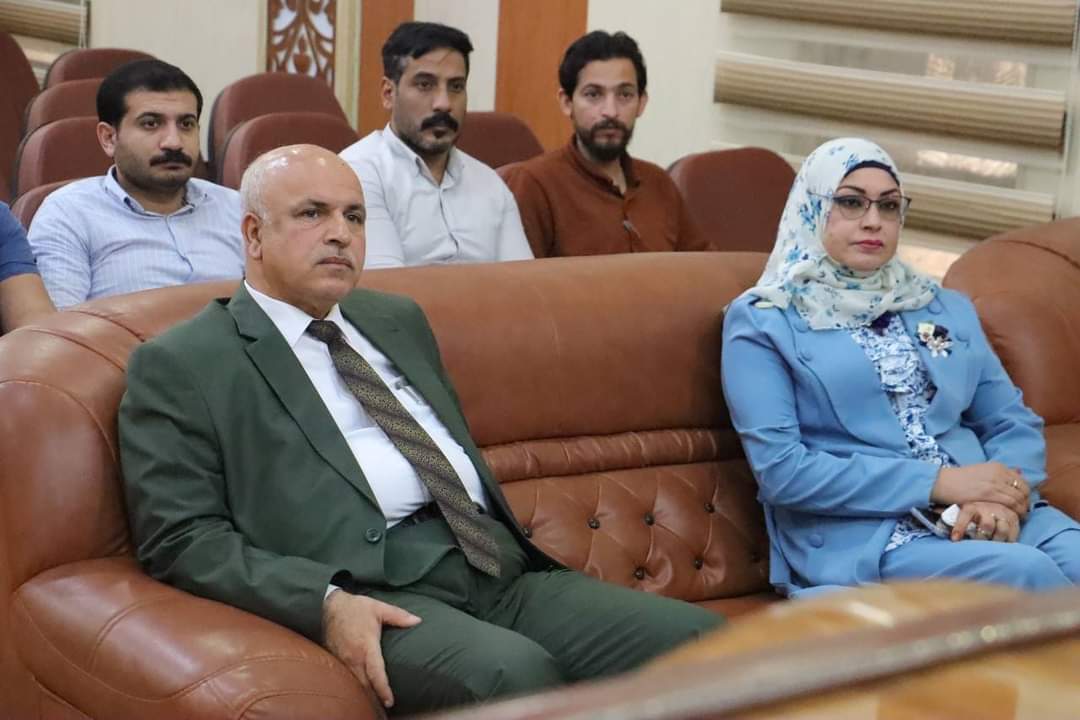
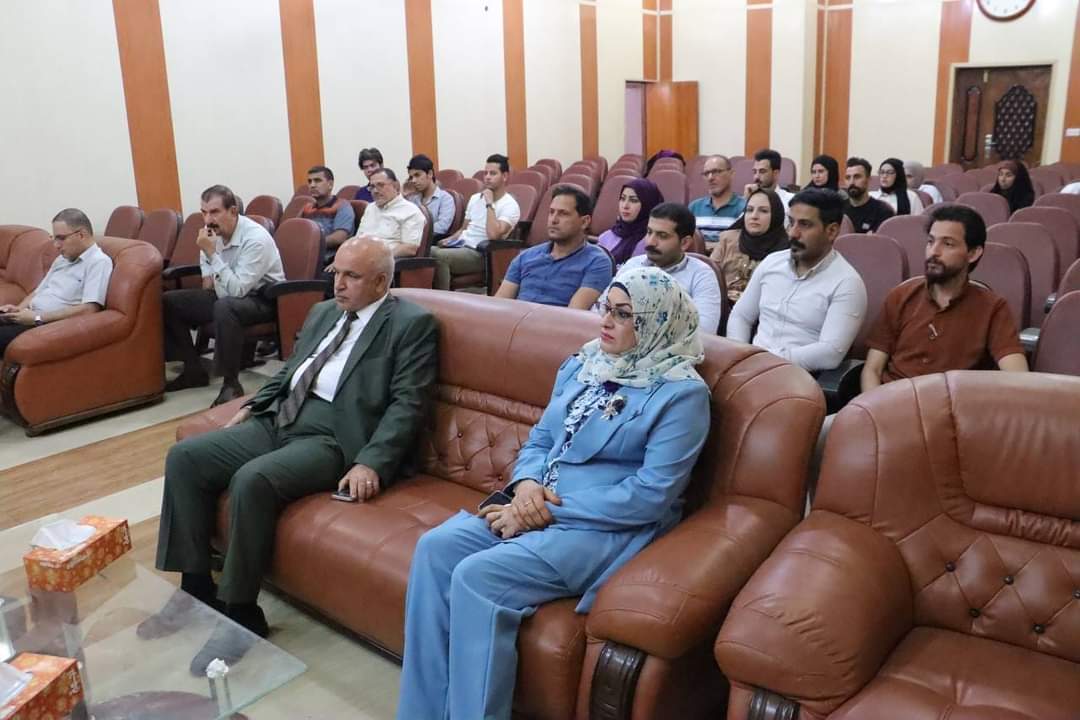
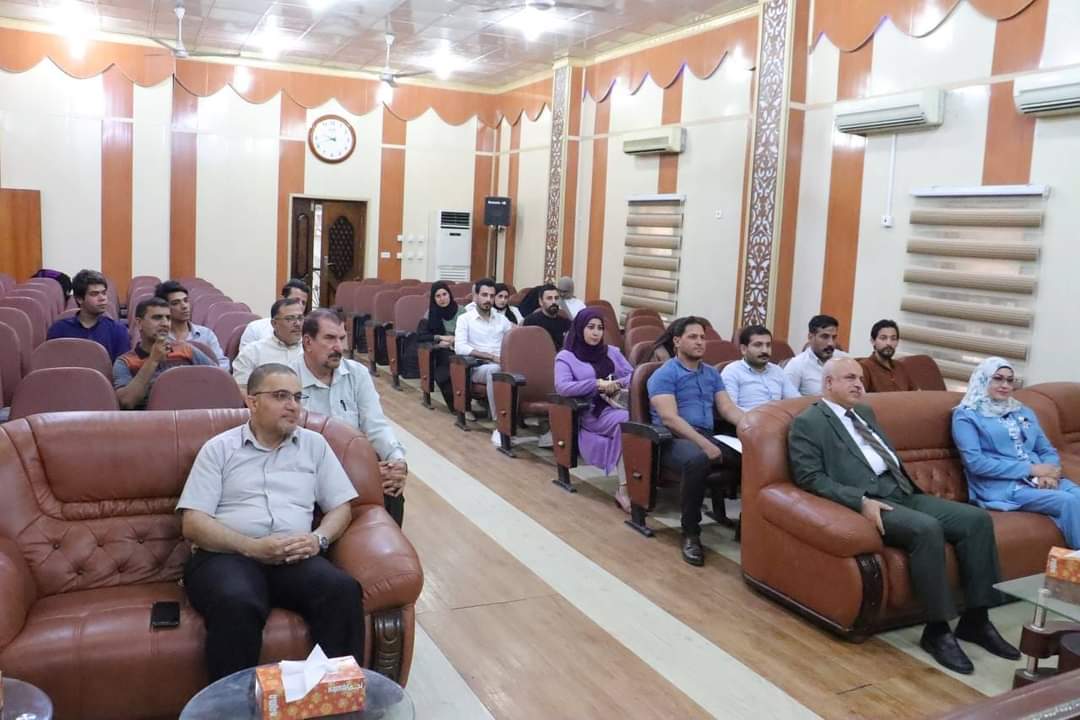
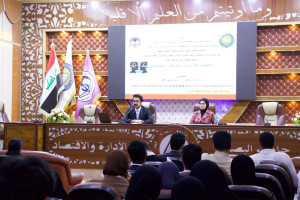





.jpeg)
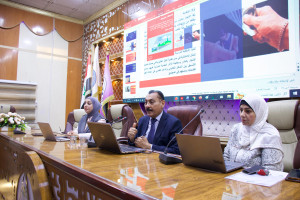
.jpeg)
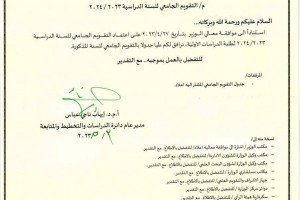
.jpeg)
